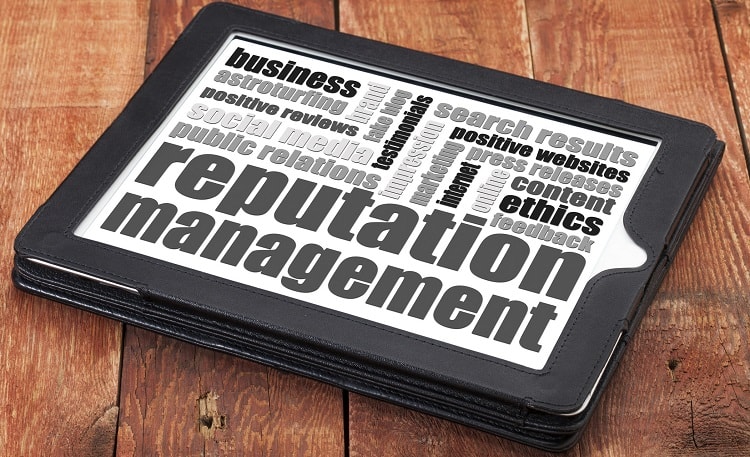Will Your Crisis Response Plan Protect Your Organization's Reputation?

Damage to a company’s reputation can come from so many different crises. Consider Chipotle, which is struggling to bounce back from multiple health scares. Or Target, whose customers questioned the security of its payment systems following its devastating data breach. Or Volkswagen, a company that is struggling to maintain its image in the wake of its falsified emissions tests.
Your organization likely has a crisis response plan to help employees get through any number of emergencies. But will your plan also protect your company’s reputation? Here are a few ways to ensure that your organization keeps its good name, even in the face of a crisis:
Revisit Best Practices
It can be helpful to first compare your crisis response plan to best practices for your industry. Do some research to discover how organizations like your own have successfully handled emergency situations, and pay particular attention to the ways in which they communicated with various stakeholders.
A large part of reputation handling comes from effective communication during and after an event. You need to ensure that your plan allows for timely and informative updates for all people involved, including employees, partners, investors and the public. Often, a business’ reputation is damaged when stakeholders feel like they’ve been kept in the dark or misled. So plan for open, transparent communication whenever possible.
In addition to comparing your communications response to industry best practices, also take a look at your operational response and overall coordination. Of course, a poor crisis response itself will negatively impact your reputation. Ask yourself whether your plan also meets best practices when it comes to a streamlined response, a quick return to normalcy and the prevention of injury, death and excessive loss of revenue.
Perform a Plan Audit
After comparing your plan to those of other similar organizations, you might realize it’s time for a full crisis plan audit. Run through your entire plan, and determine whether all your potential vulnerabilities are covered. Take a closer look at the methods you use to store and disseminate your plan, and consider whether a new approach might encourage a more effective crisis response.
Be sure to carefully look at your communications plan, as well. You should have clearly defined stakeholders, plus a plan for how to communicate with them during and after each potential emergency. You should be using effective communication channels that leverage today’s mobile technology; these days, mobile apps are among the best ways to get relevant information to the people who need it most.
In addition, have your crisis communications drafted and approved ahead of time. This will help you to ensure that any press releases, social media posts, website updates and other communications meet your organization’s requirements, adhere to your messaging standards and achieve the desired response.
Finally, consider how your organization handles training. Every employee should be trained on your organization’s crisis response plan, and refresher training or tabletop exercises should be an annual or semi-annual goal. Ensure that each employee understands your crisis communications approach. After all, the missteps of a single employee could impact the reputation of the entire company.
Optimize Your Approach
If your audit has revealed that your plan may not fully protect your organization’s reputation, it’s time to consider ways to operationalize your crisis management plan. Draft crisis plans for newly-discovered vulnerabilities, and ensure your communications are written and approved ahead of time.
If you found that your crisis protocol led to ineffective coordination or slow response, consider upgrading your techniques. Many organizations are finding that their response is streamlined and communication is optimized using mobile crisis management apps. These tools enable all users to access plans using their mobile devices, while giving key members of your leadership team anywhere access to communications plans and details.
What steps have you taken to protect your company’s reputation during and following a crisis? Do you feel your organization is well-prepared for an emergency?










